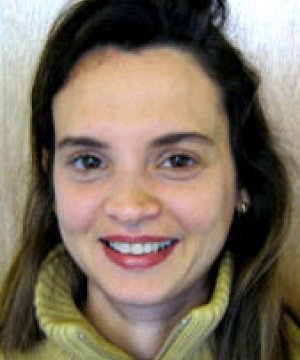Course details
At Homerton
Homerton accepts on average eight to 10 undergraduate students in Economics per year, which forms a community of around 25 to 30 undergraduate students across the three years. Students come from various educational backgrounds and countries. For example, at the moment, alongside UK nationals, we have students from Germany, Cyprus, Hong Kong, Singapore, Vietnam and China.
Hear from our students
Economics at Cambridge is a three-year course (called the Economics Tripos). In the first year of the Economics Tripos — referred to as Part I — you will study five subjects or ‘papers’: Microeconomics; Macroeconomics; Quantitative Methods (Mathematics and Statistics); Political and Sociological Aspects of Economics; and British Economic History.
In the second year of the Tripos (Part IIA) you will take three compulsory subjects: Microeconomics; Macroeconomics; and Econometrics (the application of statistical methods to economic data). In addition, you can choose one optional paper from among Development Economics, Labour, Mathematics, International Relations, Politics or Sociology.
In the third and final year of the Tripos (Part IIB) you will take two compulsory subjects, Microeconomics and Macroeconomics, and choose two optional papers from a wide range of specialist subjects which are offered each year. In addition, you will write a dissertation on an economic topic of your own choice. More detailed information about the courses and the Tripos is available on the Faculty website.
We are looking for students who have the academic ability and potential to succeed on the course, as well as the necessary interest in and motivation for the subject.
In order to explore Economics in more detail we would recommend the introductory reading for prospective applicants and offer holders available here and/or the offer holder reading list available here.
You can also explore your chosen subject through the Homerton Resources page.
Both Arts and Science subjects provide a suitable school background to Economics at University and there is not one ideal combination of subjects you should be studying. While most students have taken Economics at school, this is not a requirement.
However, a strong background in basic mathematical and statistical methods is a core requirement for admission into Cambridge's economics program. This is because economists have found that mathematical modelling provides a useful tool in analysing economic issues and behaviours, especially when there are trade-offs involved. Mathematical approaches are used to characterise the behaviours of individuals, firms, and countries. Mathematical techniques are relied upon to analyse data and test hypotheses relating to these behaviours and their outcomes.
Fluency in mathematics can be achieved by doing very well in an A-level course in Mathematics or its equivalent (such as Higher Level Mathematics in the International Baccalaureate). If as an applicant doing A-levels you can take Further Mathematics as well, we encourage you to do.
Entry requirements are likely to be minimum A*A*A at A-level (including Mathematics), or comparable grades in other qualifications. Although there are exceptions, for students who take A-levels Homerton typically asks for A* in Mathematics (though usually not in Further Mathematics).
Admission Assessment: All applicants for Economics are required to take the Test of Mathematics for University Admissions (TMUA). This is a pre-registration required written assessment.
Written work: There are no written work requirements for Economics at Homerton.
After graduating, many students start working in the private sector, the public sector or in international organisations. Some choose to continue studying Economics for a MA/MPhil or PhD degree.

